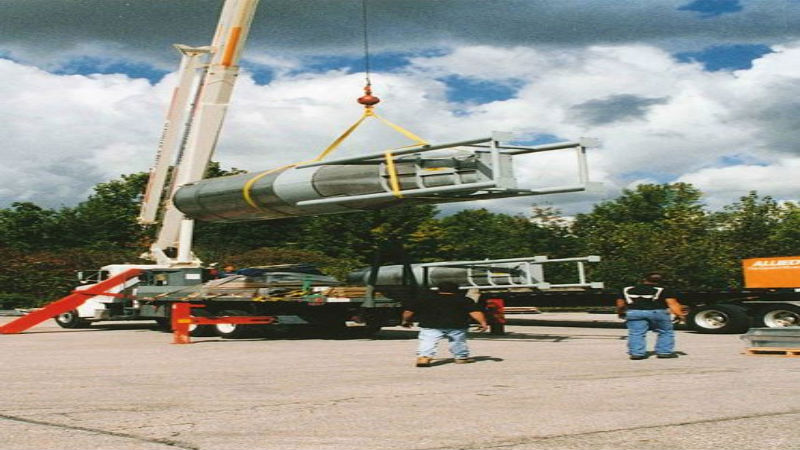If your business has the need for joining or bonding metals, you may have to weld or solder your materials. However, you also can braze or use a metal brazing service to take care of many of your needs. So what is brazing? How does it work, and what are its benefits? Let’s look a little closer to see.
What is Brazing?
If you need to connect two sections of metal together, you have several options. You could solder but soldering does not form the tightest bond (due to the materials used and the process). Welding is another possibility but it involves a great deal of heat which could damage or melt some materials.
When you braze, the process is like soldering. First, the materials to be brazed must be very clean. Next, flux is used to remove oxide materials from the surface which can interfere with the bonding process.
To form a tight bond, brazing material is melted between the two metals. This takes place at temperatures much hotter than soldering, yet it is cool enough so the metals are not melted. This process offers several important benefits.
Benefits of Metal Brazing
If you wish to join different metals like copper and iron, brazing is the only feasible way to do so. Soldering will not work. Welding is not a good idea because the melting points of iron and copper are very different and the copper would melt before the iron was hot enough to weld. Here are some additional benefits:
* Permanent bond – when you braze properly it forms a permanent bond. The parts will not come apart. This is a good idea if you are concerned about bolts or nuts working loose over time due to vibration or other factors.
* Large pieces – it is possible to braze very large sections of metal together. For example, if you need to bond metal plates together, brazing may be the best option. This bond resists corrosion better than using adhesives. Also, if you need to bond copper plates to aluminum or stainless steel, metal brazing is the preferred method in most cases.
* Less stress than welding – when you weld two materials together, the intense heat can create stress within the metals. This is less likely when you braze for two reasons. First, the amount of heat you use while brazing is lower than welding. Plus, when you braze, heat is distributed evenly and this eliminates stress to the joints.

